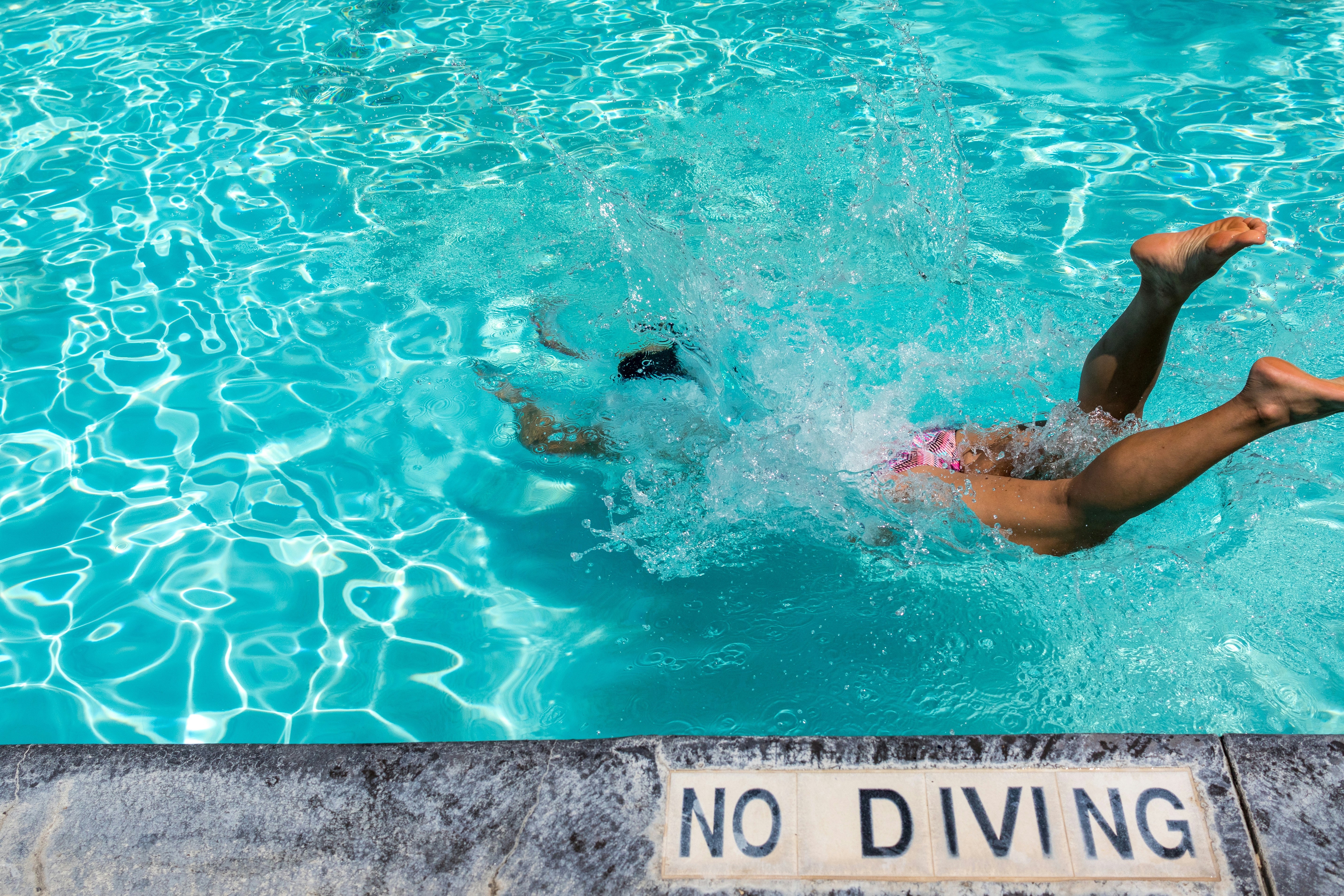The Reciprocal Rebellion: Promoting Discussion in Authoritarian Schools

Abstract or Description
In her ethnographic study, Factories for learning: Making race, class and inequality in the neoliberal academy (2017), Christine Kulz depicts an oppressive system in a United Kingdom secondary school, Dreamfields. Kulz illustrates how many children and teachers are stripped of their autonomy, rights and dignity. In this article, Northfields, a school like Dreamfields, is profiled. Like Dreamfields, Northfields is an authoritarian, heavily surveilled institution with both teachers and pupils often being reprimanded for minor transgressions. This case study shows how an English teacher managed to successfully use Reciprocal Teaching in her classroom, even though its emphasis on co-operative learning was contrary to the spirit of Northfields. Reciprocal Teaching changes the way pupils and teachers see themselves, improves their discussion, reading and exam results. Reciprocal Teaching re-orders education by fostering meaningful relationships, challenging the hegemony of neoliberal schools: it is a rebellion against their authoritarianism.
Reference:
Gilbert, Francis. 2022. The Reciprocal Rebellion: Promoting Discussion in Authoritarian Schools. Changing English, 29(3), pp. 232-250. ISSN 1358-684X [Article]
| Text The Reciprocal Rebellion.pdf – Published Version Available under License Creative Commons Attribution Non-commercial No Derivatives. Download (1MB) | Preview |
Official URL: https://www.tandfonline.com/doi/full/10.1080/13586…
